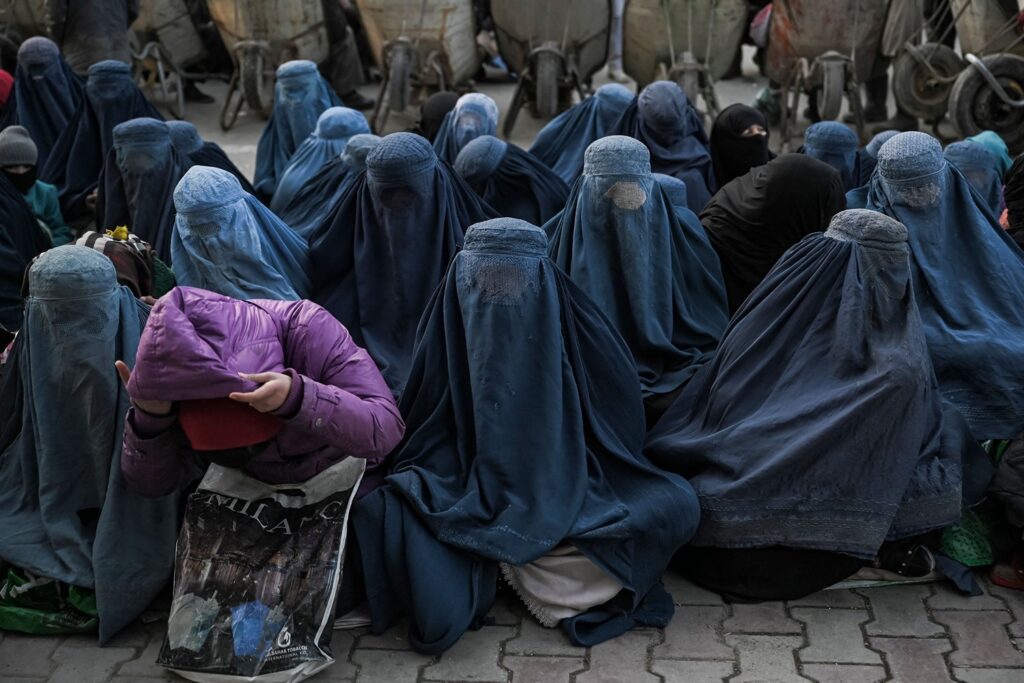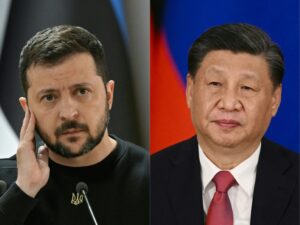
Afghanistan
The war in Ukraine reduced developments in Afghanistan controlled by the Taliban to the background once again. However, only a few months before Russia invaded Ukraine and the whole world turned her gaze to the European crisis, the withdrawal of the United States waves from the war which covered more than two decades in Afghanistan and the Taliban’s rapid takeover about control of power attracted global attention. Changes in political power in Afghanistan are none other than Roller Coaster’s journey: U.S. Intervention. After the 9/11 attack, which overthrowed the Taliban regime, through two presidents supported by Washington-Hamid Karzai and Ashraf Ghani-and now full of full circle with the return of the Taliban to power.
When the Taliban swept Kabul in August last year, India was one of many countries that closed its embassy in the capital of Afghanistan. But on June 23, 2022, India reopened its embassy in Afghanistan after more than 10 months. New Delhi mobilized the “technical team” consisting of diplomats and others as a step towards rebuilding its presence in Afghanistan, with a mission stated to monitor and coordinate the delivery of humanitarian assistance to Kabul.
What was conveyed by this step from New Delhi about the provisions of his involvement with the Taliban regime? Does this reveal a new manual, pragmatic steps in their turbulent relationships with the Taliban?
The steps to reopen the embassy came weeks -weeks after the Indian external ministry ‘Pakistan, Afghanistan, and Iranian division leader, J.P. Singh, visiting Afghanistan to meet with Foreign Minister Taliban Amir Khan Mottaqi and Interior Minister Sirajuddin Haqqani, where the Taliban requested by the Taliban and Interior Minister Sirajuddin Haqqani, where the Taliban requested by the Taliban, Taliban, and Minister of the Interior Sirajuddin Haqqani, where the Taliban requested by the Taliban. India reopened its diplomatic mission in Afghanistan. Abdul Qahar Balkhi, a spokesman for the Taliban Foreign Ministry, said that “the return of Indian diplomats to Afghanistan and reopen his embassy that security is established in the country, and all political and diplomatic rights are respected.” Although the decision to reopen the Indian embassy, like most foreign policy decisions, is not spontaneous, it is indeed surprising some people remembering the way in which New Delhi issued its diplomatic presence last August.
A series of backchannel meetings and the latest statements made by senior government officials indicated the recovery of Indian diplomatic presence which will come in Afghanistan. Indian National Security Advisor Ajit Doval, spoke at the Regional Security Summit in Tajikistan in May this year, hinting at New Delhi’s wishes for regional solutions for Afghan situations, which belong to the role of India itself. Indian outreach to Central Asia also reflects New Delhi’s encouragement for regional stability, by overcoming the threat of terrorism, drugs, and refugees originating from Afghanistan. Responding to India’s reopening over its embassy, the Taliban reportedly had guaranteed to act on intelligence against several major jihad groups, such as Lashkar-e-taiba, Jaish-e-Mohammed, and Al-Qaida. Such a guarantee needs to be taken with a little salt, given the record of the Taliban relationship in the past with terror groups based in Pakistan.
The Indian Afghanistan policy has focused on the welfare of ordinary Afghan citizens and gave them humanitarian assistance, with Indian military assistance over the past two decades, most of which are limited to the training of Afghan military officers in India. Although New Delhi was able to build a positive working relationship with the Afghan government that was supported by the West in the past 20 years, his initiative was also understood to attract adjacent Pakistani anger, which was always unsafe about the signs of Indian influence with Afghanistan with Afghanistan government and people. Outtrets the framework of bonds, or rather a lack of ties, between New Delhi and the leadership of the Taliban will be a monumental task for Indian foreigners.







